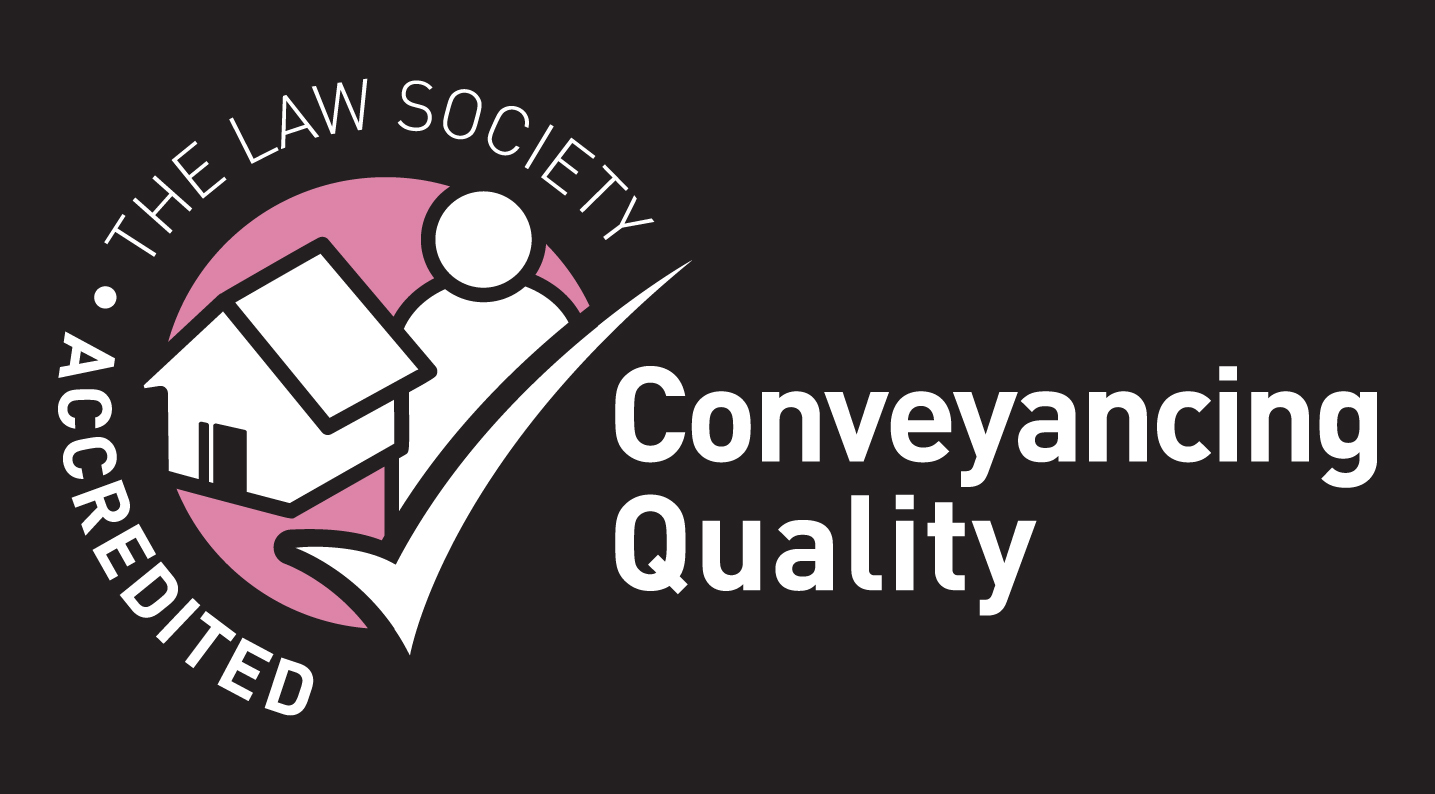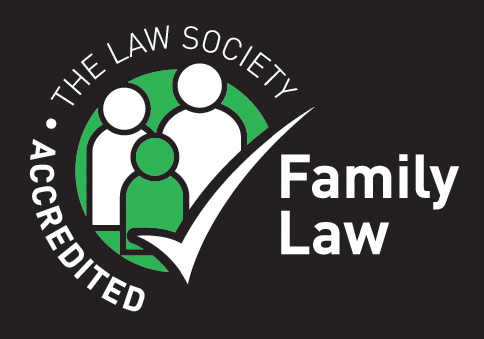Call us on 0207 100 2525 for immediate help & assistance with your situation.
We’re here to help you in person, via the phone or online.
If an employee or worker alleges that you or another worker employed by you or have unlawfully discriminated against them in a work situation, you have a legal duty to deal with the complaint in a way that ascertains whether unlawful discrimination has taken place and how best to remedy the situation.
Discrimination in the workplace is when an employee is subjected to unfavourable treatment because they possess protected characteristics as defined in the equality act.
Protected characteristics are listed in the equality act as:
If an employee is treated less favourably because of one or more of these characteristics, they may have a claim for discrimination at work. There are two types of discrimination:
Direct discrimination is when an employee is treated badly because they possess or are believed to possess a protected characteristic, or if a close associate of them possesses a protected characteristic. Direct discrimination usually requires a clear intent to exclude or discriminate against someone.
Indirect discrimination does not have to be intentional. Often rules and policies can be found to be indirectly discriminatory. An example would be employers moving to an office with poor disability access despite having staff who needed wheelchairs.
How should I avoid indirect discrimination in my workplace?
When making new rules and policies in your workplace, ask yourself ‘does this rule make work more difficult for a segment of staff?’ If you are unsure about whether a policy would discriminate against certain staff who possess protected characteristics, consult with them. This way you can ensure your policies are fair and foster good relations with your staff.
By law, men and women in the UK must receive equal pay for equal work. Equal pay claims can only be brought in relation to the protected characteristic ‘sex’. If a women is being paid less than a man even though they do the same work, she may have a claim for equal pay.
If an employee raises a complaint of discrimination at work, you should take this very seriously. You should conduct an internal investigation and work closely with the employee to solve the issue. If you cannot resolve the issue, your employee will lodge a complaint with ACAS, you should negotiate with the employee to solve the matter through ACAS. Being taken to the Employment Tribunal is the last resort and you should take every action to resolve the situation before an employee takes this step.
To prevent claims for discrimination being brought against your business, inclusive culture and a proactive preventative approach help ensure that your workforce understands and avoid situations that may lead to unlawful discrimination. We can provide training to managers on how to foster an inclusive culture

Copyright © 2023 Adam Bernard Solicitors. This Firm is Authorised & Regulated by the Solicitors Regulation Authority SRA NO: 598171, 656730.





